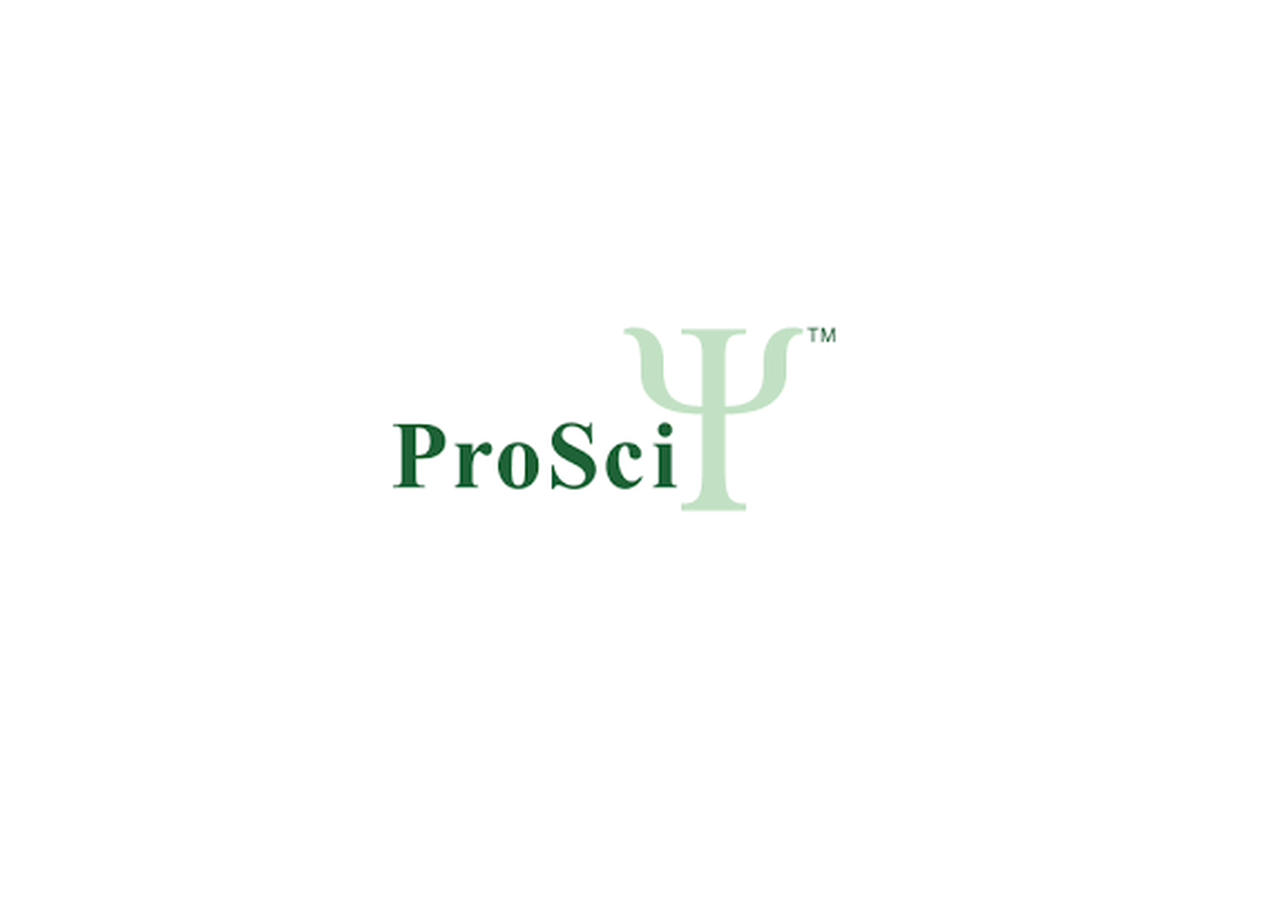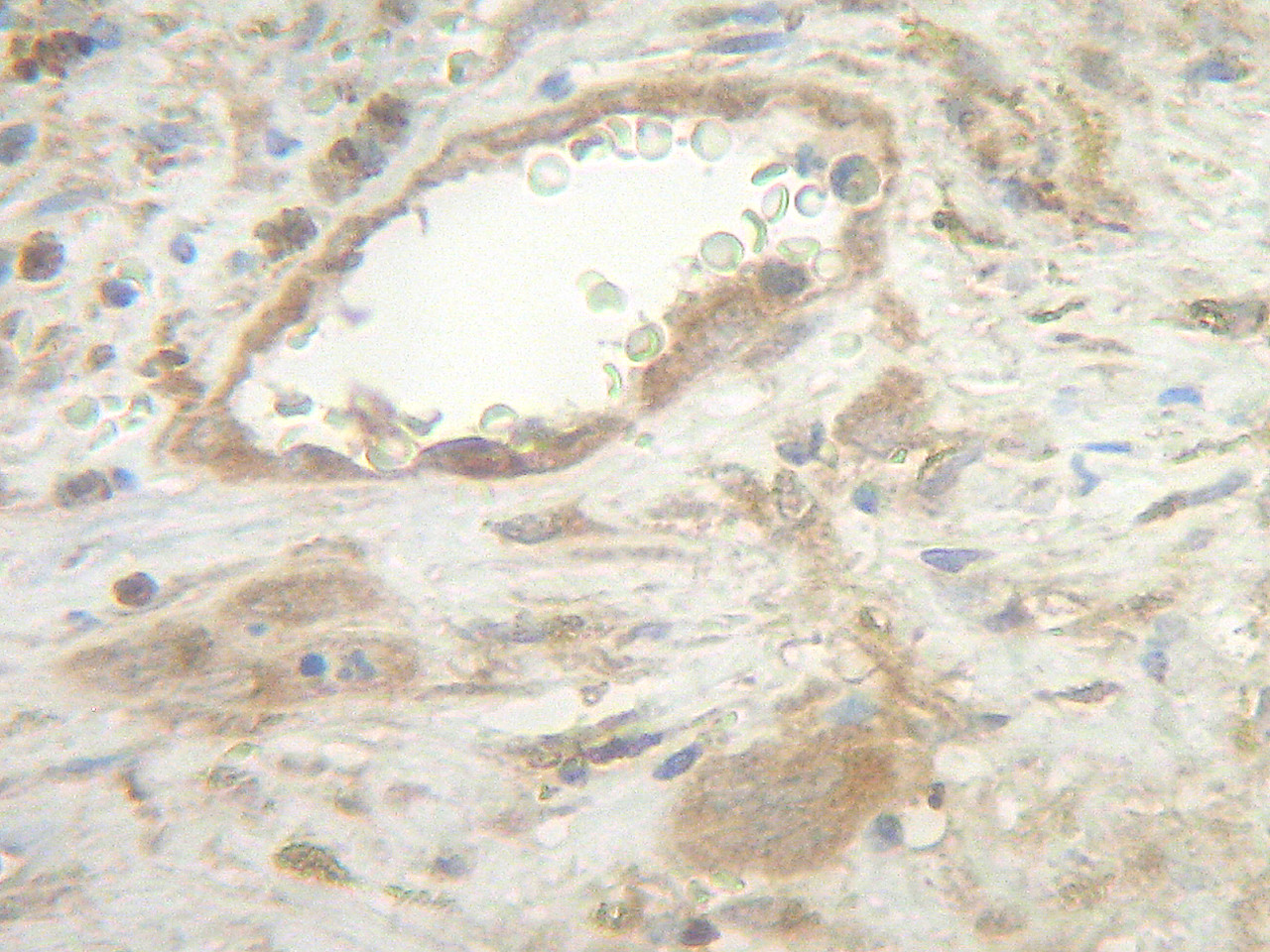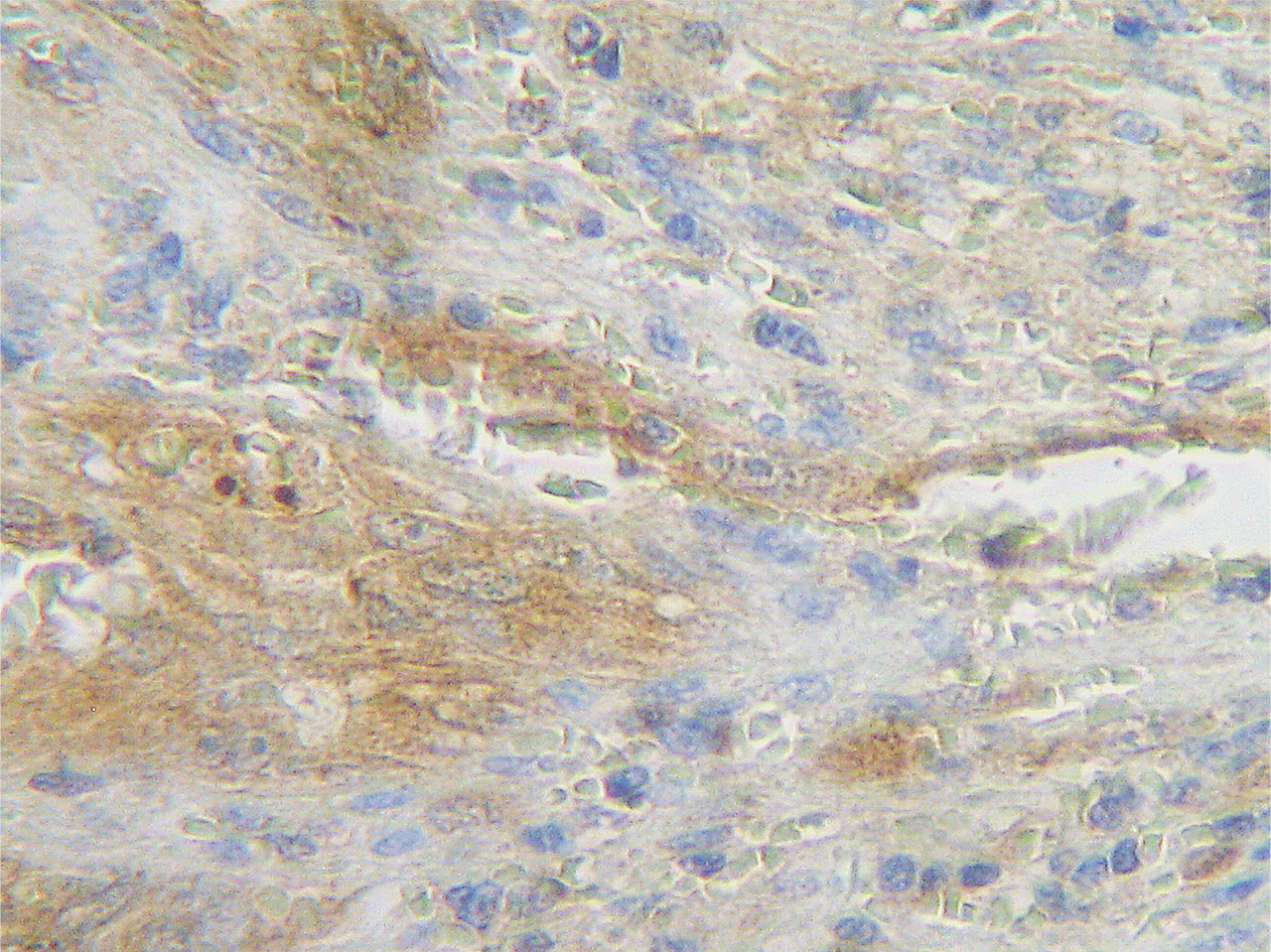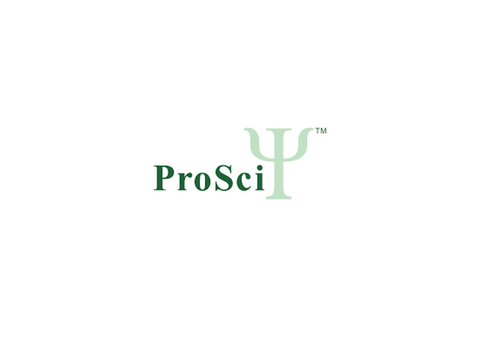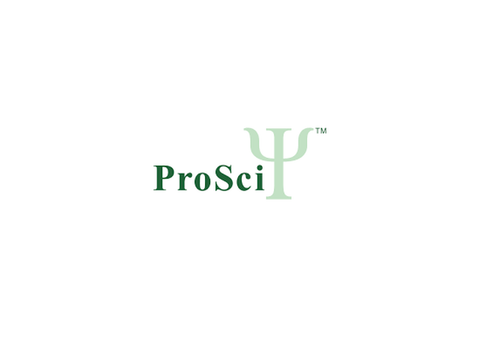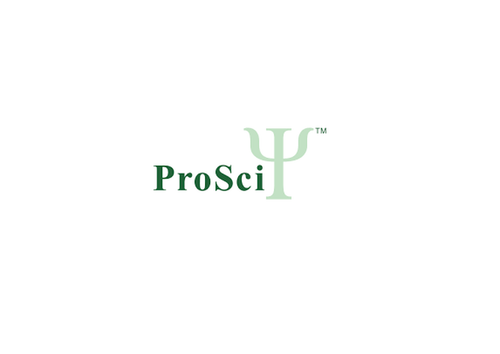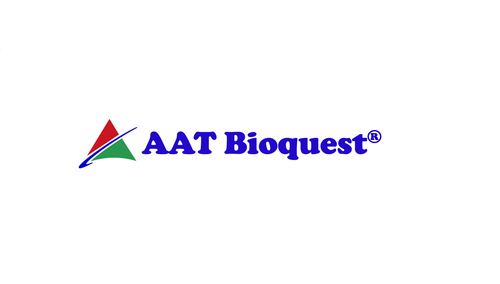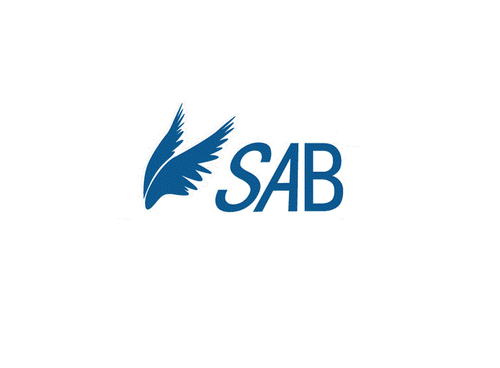Product Description
Fas Ligand Antibody | XP-5130 | ProSci
Host: Goat
Reactivity: Human
Homology: N/A
Immunogen: Produced from sera of goats pre-immunized with highly pure (>98%) recombinant hFasL (human FAS Ligand) .
Research Area: Apoptosis, Antibody Pairs, Functional Assays
Tested Application: E, WB, Neut
Application: Neutralization:
To yield one-half maximal inhibition [ND50] of the biological activity of FasL/Apo1L (10 ng/mL) , a concentration of 0.08 - 0.1 μg/mL of this antibody is required. ELISA:
To detect hFasL by direct ELISA (using 100 μL/well antibody solution) a concentration of at least 0.5 μg/mL of this antibody is required. This antigen affinity purified antibody, in conjunction with compatible secondary reagents, allows the detection of 0.2 - 0.4 ng/well of recombinant hFasL.
Western Blot:
To detect hFasL by Western Blot analysis this antibody can be used at a concentration of 0.1 - 0.2 μg/mL. Used in conjunction with compatible secondary reagents the detection limit for recombinant hFasL is 1.5 - 3.0 ng/lane, under either reducing or non-reducing conditions.
Specificiy: N/A
Positive Control 1: N/A
Positive Control 2: N/A
Positive Control 3: N/A
Positive Control 4: N/A
Positive Control 5: N/A
Positive Control 6: N/A
Molecular Weight: N/A
Validation: N/A
Isoform: N/A
Purification: Anti-hFasL specific antibody was purified by affinity chromatography employing immobilized hFasL matrix.
Clonality: Polyclonal
Clone: N/A
Isotype: N/A
Conjugate: Unconjugated
Physical State: Lyophilized
Buffer: N/A
Concentration: N/A
Storage Condition: Fas Ligand antibody is stable for at least 2 years from date of receipt at -20˚C. The reconstituted antibody is stable for at least two weeks at 2-8˚C. Frozen aliquots are stable for at least 6 months when stored at -20˚C. Avoid repeated freeze-thaw cycles.
Alternate Name: APTL, FASL, CD178, CD95L, ALPS1B, CD95-L, TNFSF6, APT1LG1, Tumor necrosis factor ligand superfamily member 6, Apoptosis antigen ligand, APTL
User Note: Centrifuge vial prior to opening.
BACKGROUND: Fas Ligand is an important member of the tumour necrosis factor (TNF) superfamily involved in membrane mediated apoptosis. Ligation of Fas by Fas Ligand or an anti Fas cross linking antibody, triggers activation of the caspase cascade. Functional impairment of the Fas / Fas Ligand system is associated with the development and progression of malignancies. Fas gene mutations have been suggested to have a role in testicular germ cell tumors. Tumor cells frequently exhibit de novo expression of Fas Ligand, which plays a significant role in local tissue destruction, metastatic spread, and immune escape of the tumor cells. The apoptosis of lymphocytes, which occurs in autoimmune diseases, is usually induced by the Fas/Fas Ligand system.
 Euro
Euro
 USD
USD
 British Pound
British Pound
 NULL
NULL

